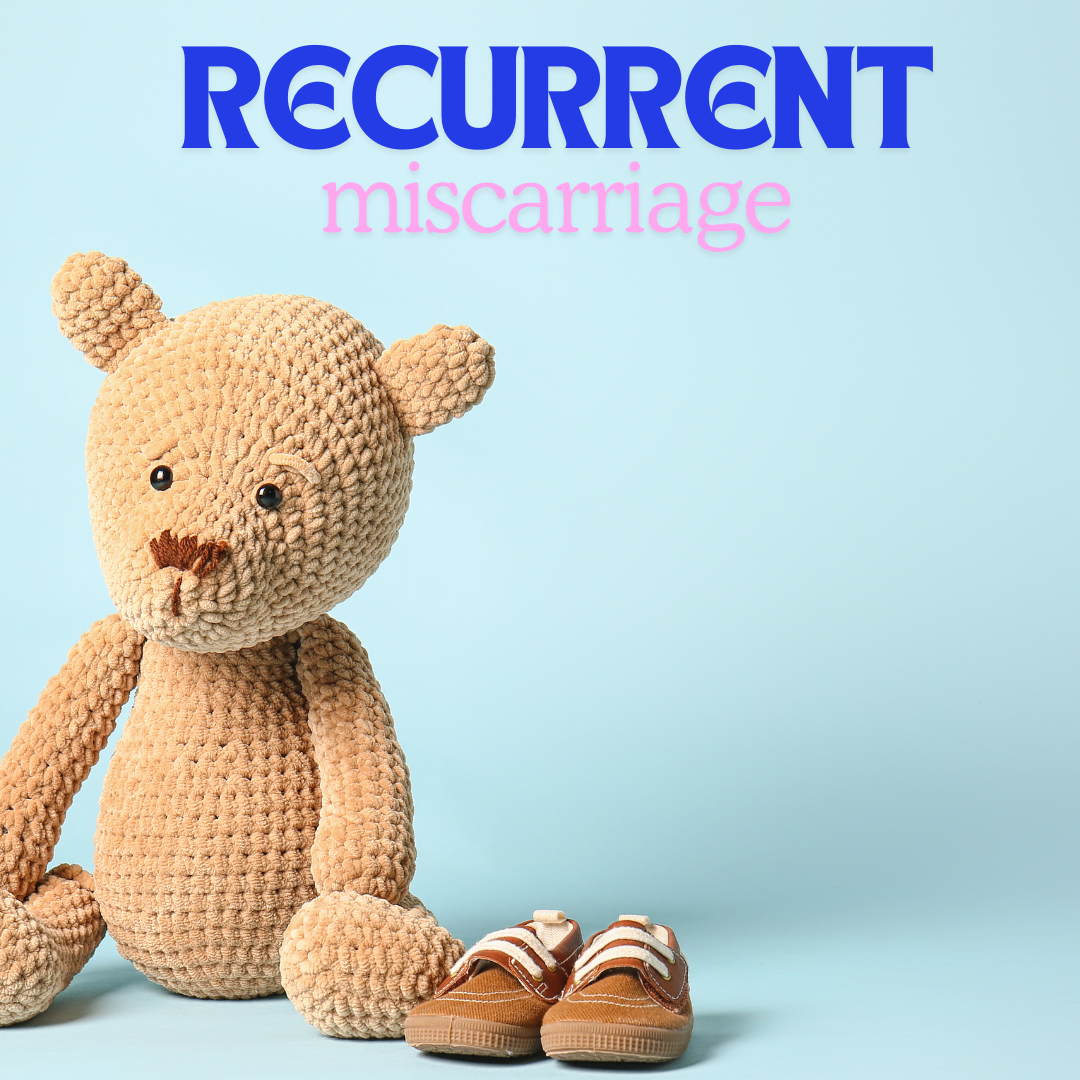Recurrent miscarriage is traditionally defined as experiencing three or more consecutive pregnancy losses. However, this definition can overlook individual cases, such as early chemical pregnancies or late-term losses, so every woman should be evaluated based on her unique circumstances.
For example, a single miscarriage after 12 weeks may warrant investigation since losses beyond the first trimester are less likely to be caused by chromosomal abnormalities. Similarly, after two miscarriages, it’s wise to begin a thorough evaluation, as research shows a higher risk of recurrence without intervention.
Even very early losses, often called chemical pregnancies, should not be dismissed. These are typically characterized by a positive pregnancy test followed by bleeding a few days later. Regardless of when the loss occurs, understanding the cause is key to moving forward.

Why Do I Keep Having Miscarriages?
Miscarriages can happen for many reasons, often unrelated to a woman’s age. Below are some of the most common causes and potential treatments:
1. Chromosomal Abnormalities
Chromosomal issues are a common cause of first-time miscarriages but rarely explain multiple losses. While egg quality is often blamed, the role of sperm cannot be ignored.
Male Factor Fertility: Sperm quality can decline with age or health factors, impacting embryo viability. Advanced testing like DNA fragmentation analysis and karyotyping can identify issues that a standard semen analysis might miss.
2. Anatomical Issues
Anatomical problems can interfere with a pregnancy’s ability to develop. Common issues include:
Scar Tissue or Adhesions: Previous surgeries, such as a D&C, can lead to scarring, sometimes severe enough to require corrective surgery.
Endometriosis or PID: Scarring caused by conditions like endometriosis or pelvic inflammatory disease can affect implantation.
Uterine Shape Abnormalities: Congenital conditions, like a bicornuate or unicornuate uterus, may make it harder to retain a pregnancy.
Fibroids or Polyps: These growths can disrupt proper implantation and increase miscarriage risk.
Surgical interventions can address many of these issues, but addressing underlying factors like hormone imbalances or lifestyle choices can help prevent recurrence.
3. Hormonal Imbalances
Hormonal imbalances are common in women experiencing recurrent miscarriages. Some key issues include:
Thyroid Dysfunction: Suboptimal TSH, T4, or T3 levels can impact pregnancy success.
Low Progesterone: Borderline levels may prevent proper uterine support.
Adrenal Dysfunction: Fluctuations in cortisol and DHEA can interfere with fertility.
Short-term hormone therapies can help address acute issues, but long-term solutions often involve addressing root causes, such as stress, diet, or lifestyle factors.
4. Immune Issues
Autoimmune conditions like lupus, endometriosis, or Hashimoto’s thyroiditis may affect implantation or lead to embryo rejection.
Triggers: Immune system overactivity can result from dietary, environmental, or gut health factors.
Natural Solutions: Addressing inflammation, improving gut health, and identifying nutrient deficiencies can regulate immune responses.
5. Cardiovascular Issues
The development of the placenta requires a steady blood supply. Conditions causing “sticky” blood, such as thrombophilia, can lead to pregnancy loss.
Testing: Biomarkers can reveal risks for poor blood flow.
Lifestyle Adjustments: Research suggests dietary and lifestyle improvements can often reduce risks without relying on medications like Heparin.
How to Prevent Recurrent Miscarriages Naturally
Preventing recurrent miscarriage often involves a combination of medical intervention and natural approaches:
Address any hormonal imbalances with targeted therapies.
Improve egg and sperm health with personalized nutrition plans.
Resolve immune overactivity through dietary changes and gut health optimization.
Seek treatment for anatomical issues to improve implantation chances.
Your Path Forward
Miscarriage is an incredibly emotional experience, and you shouldn’t face it alone. By identifying the underlying causes, you can regain control and feel confident in your journey to parenthood.
Take the First Step
Ready to understand and overcome recurrent miscarriage? Schedule a free consultation today. Together, we’ll create a personalized plan to support your journey toward a healthy pregnancy.
Success Story: Mary’s Journey to Motherhood
Mary came to my clinic after experiencing three heartbreaking miscarriages. She had been told that carrying a pregnancy to full term was highly unlikely. However, with a tailored plan of treatment and care, Mary’s journey took a remarkable turn.
After six months of working together, Mary became pregnant again. She continued her treatment and support with me throughout her pregnancy and delivered a healthy baby boy. Her joy didn’t stop there—Mary went on to have three more children, defying the odds and proving that hope and determination can lead to incredible outcomes.
Mary’s story is a testament to the power of perseverance and personalized care. Let her journey inspire you to never give up. With the right support and guidance, your dreams of parenthood are absolutely within reach.





